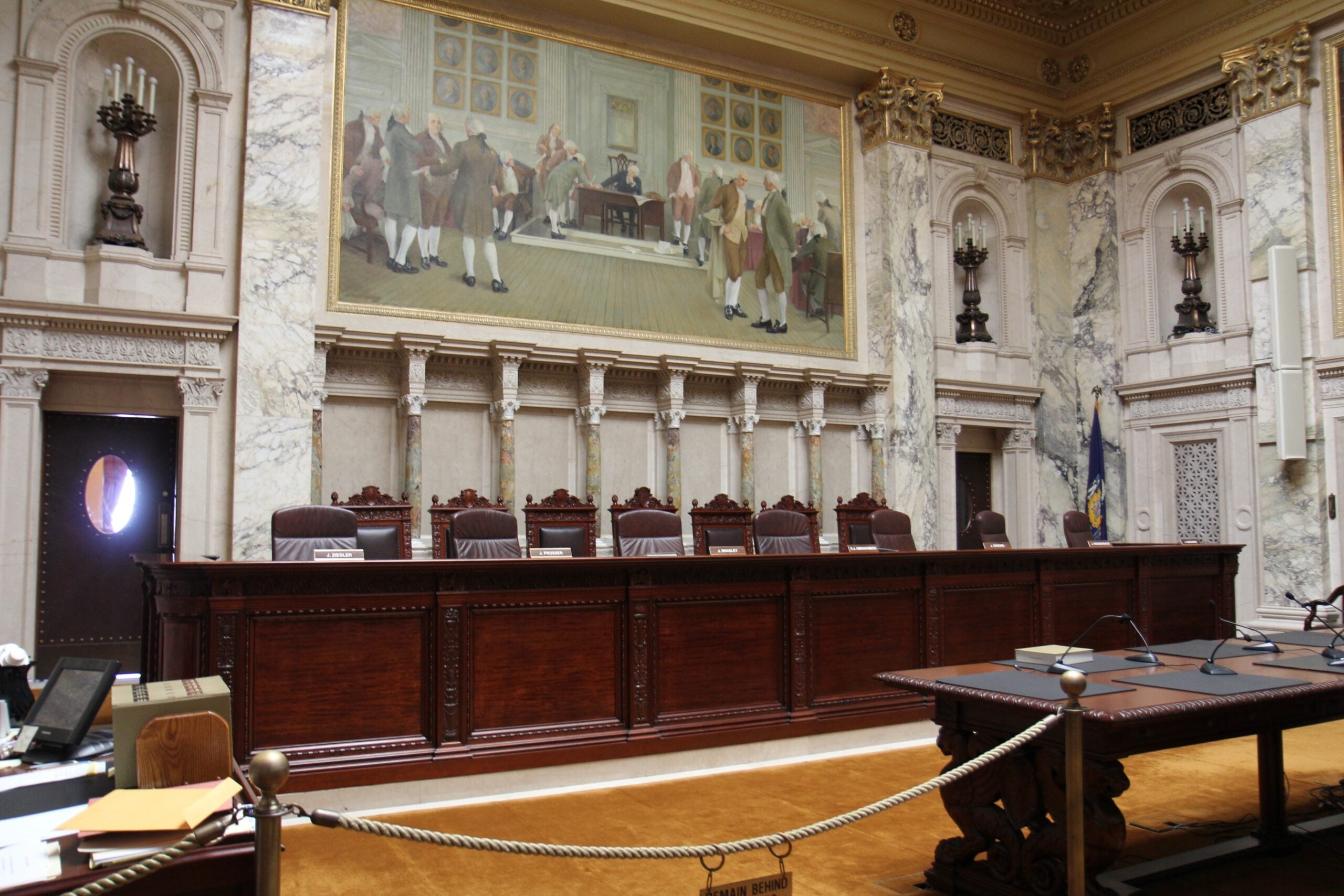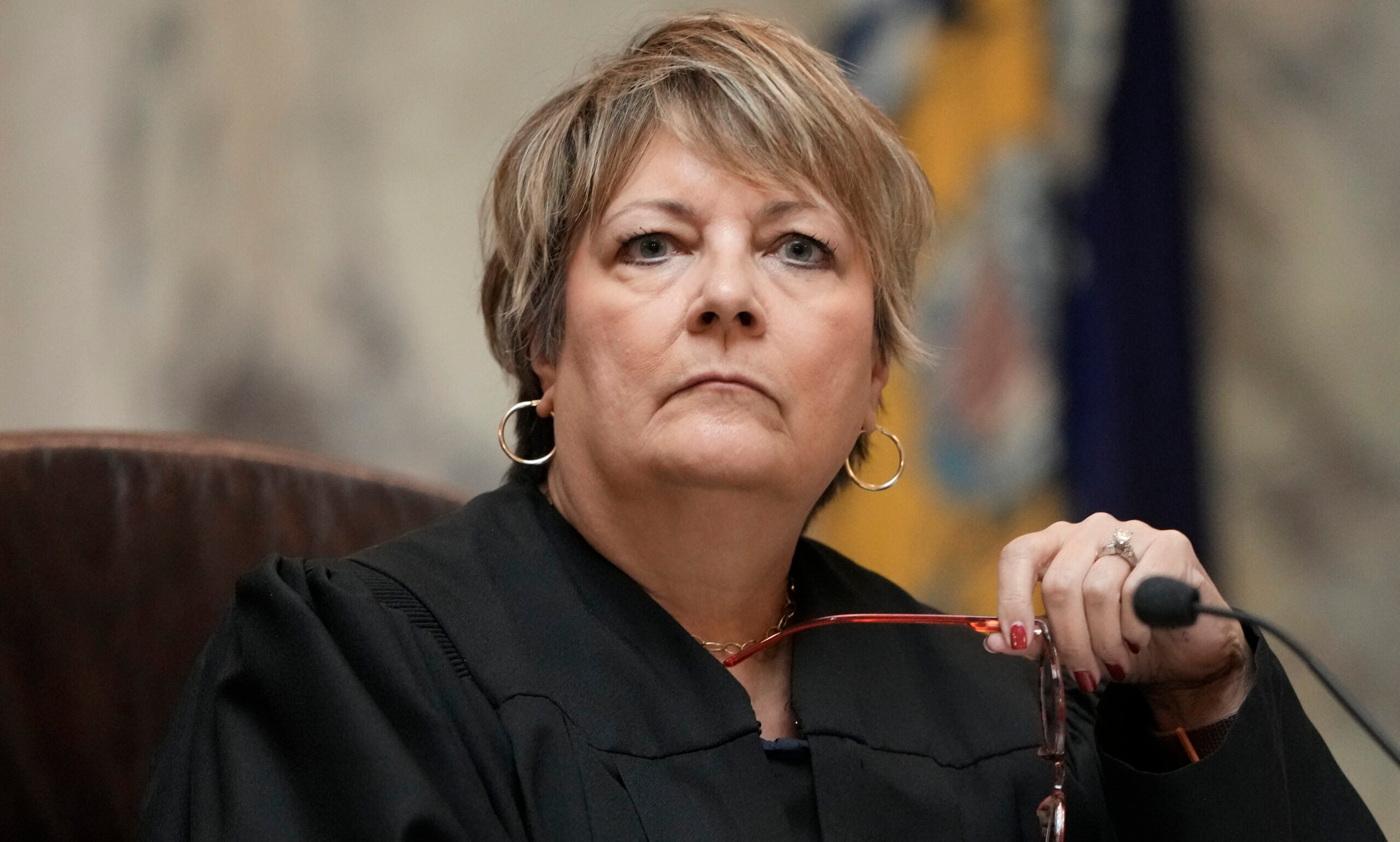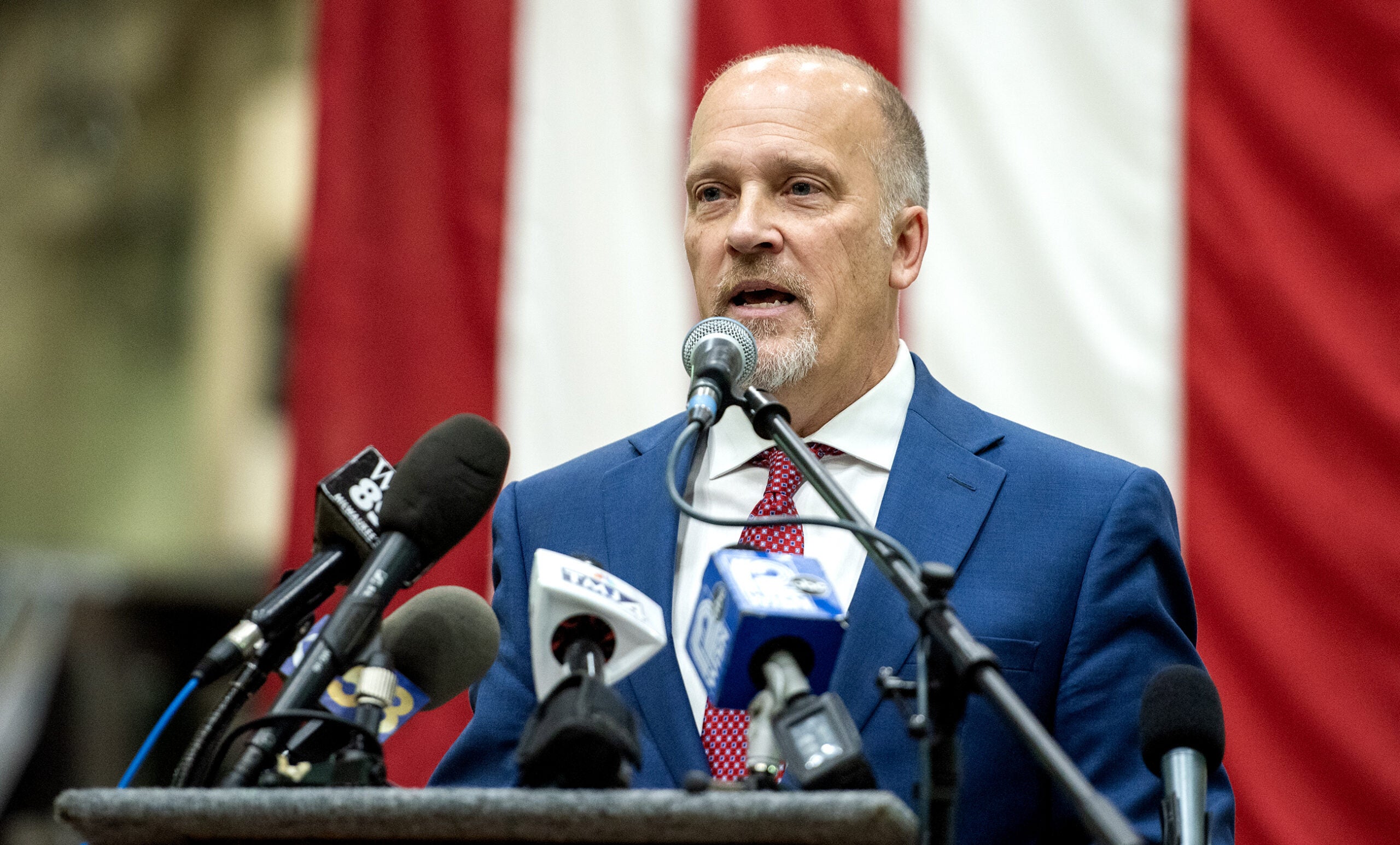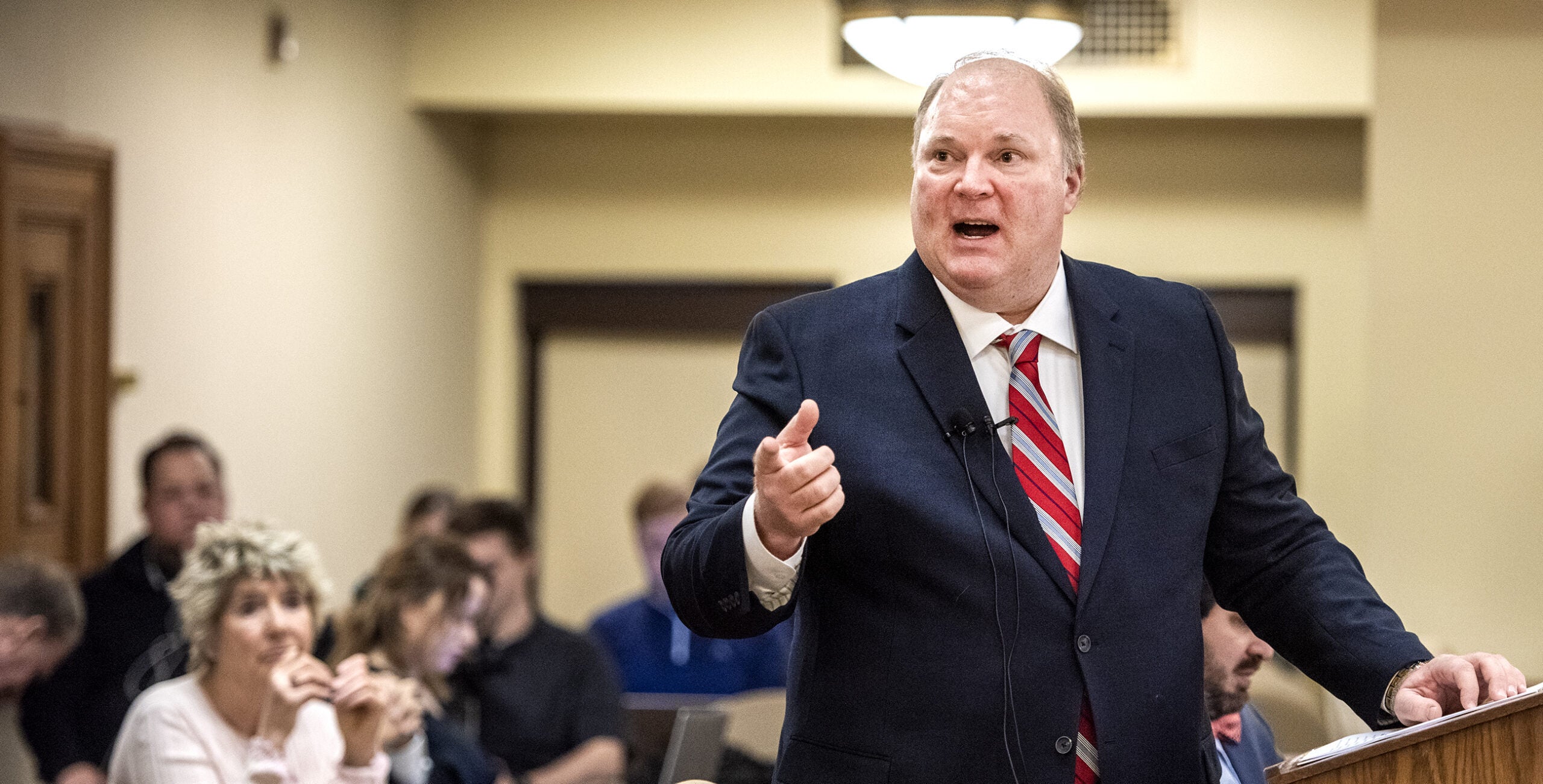Wisconsin Supreme Court Justice David Prosser said it would have “undermin(ed) judicial elections in Wisconsin” had he been required to recuse himself from the case that ended the John Doe investigation of conservative groups and Gov. Scott Walker’s campaign.
The Supreme Court ruled earlier this month that it was legal for candidates to coordinate with outside groups, some of whom can accept unlimited donations and keep their donors secret. Those groups hailed the ruling as a win for free speech while critics said it would gut campaign finance laws and increase the risk of corruption in government.
In February, Special Prosecutor Francis Schmitz asked both Prosser and Justice Michael Gableman to step aside from the John Doe case, arguing their recusal was “clearly warranted.” Schmitz said several of the people and groups being investigated “also had significant involvement in the election of particular Justices to the Wisconsin Supreme Court.” Two of those groups — Wisconsin Manufacturers and Commerce and the Wisconsin Club for Growth — spent millions helping Gableman and Prosser win close elections.
News with a little more humanity
WPR’s “Wisconsin Today” newsletter keeps you connected to the state you love without feeling overwhelmed. No paywall. No agenda. No corporate filter.
In a letter to attorneys filed with the court on Wednesday, Prosser said Schmitz “alleged that an ‘estimated $3,344,000’ was ‘contributed’ by certain entities’” to help Prosser’s reelection. Schmitz said that was grounds for recusal based on a 2009 U.S. Supreme Court ruling that forbade judges from ruling in cases where they have a significant financial or personal interest in the outcome.
Prosser wrote that his situation was different in part because Wisconsin Supreme Court rules don’t require recusal based on money spent by independent groups. The rules were adopted by the same four justices who ended the John Doe investigation.
Prosser also wrote that “although several large expenditures were made to support (his) candidacy in the 2011 election, the Wisconsin Legislature made this result inevitable” when it passed public financing laws that limited what judicial candidates could raise themselves.
“These new laws were specifically designed to apply to the supreme court election in 2011 when I would be on the ballot,” Prosser wrote.
The laws were passed by Democrats when they ran state government and repealed when Republicans took over.
Prosser noted that four years had passed since the expenditures in question.
“Unless the expenditures made in 2011 are viewed as a lifetime ban on my participation in cases involving the organizations … I believe that sufficient time has passed,” he said.
Prosser also took repeated aim at Schmitz, at one point referring to him as an “unelected special prosecutor” and saying he was trying to prevent an elected justice from performing his duties on the court.
“The people of Wisconsin knew who they were voting for,” Prosser wrote. “The special prosecutor should be expected to live with the results.”
Schmitz didn’t respond to a request for comment Wednesday night. He hasn’t ruled out an appeal to the U.S. Supreme Court.
Wisconsin Public Radio, © Copyright 2025, Board of Regents of the University of Wisconsin System and Wisconsin Educational Communications Board.







